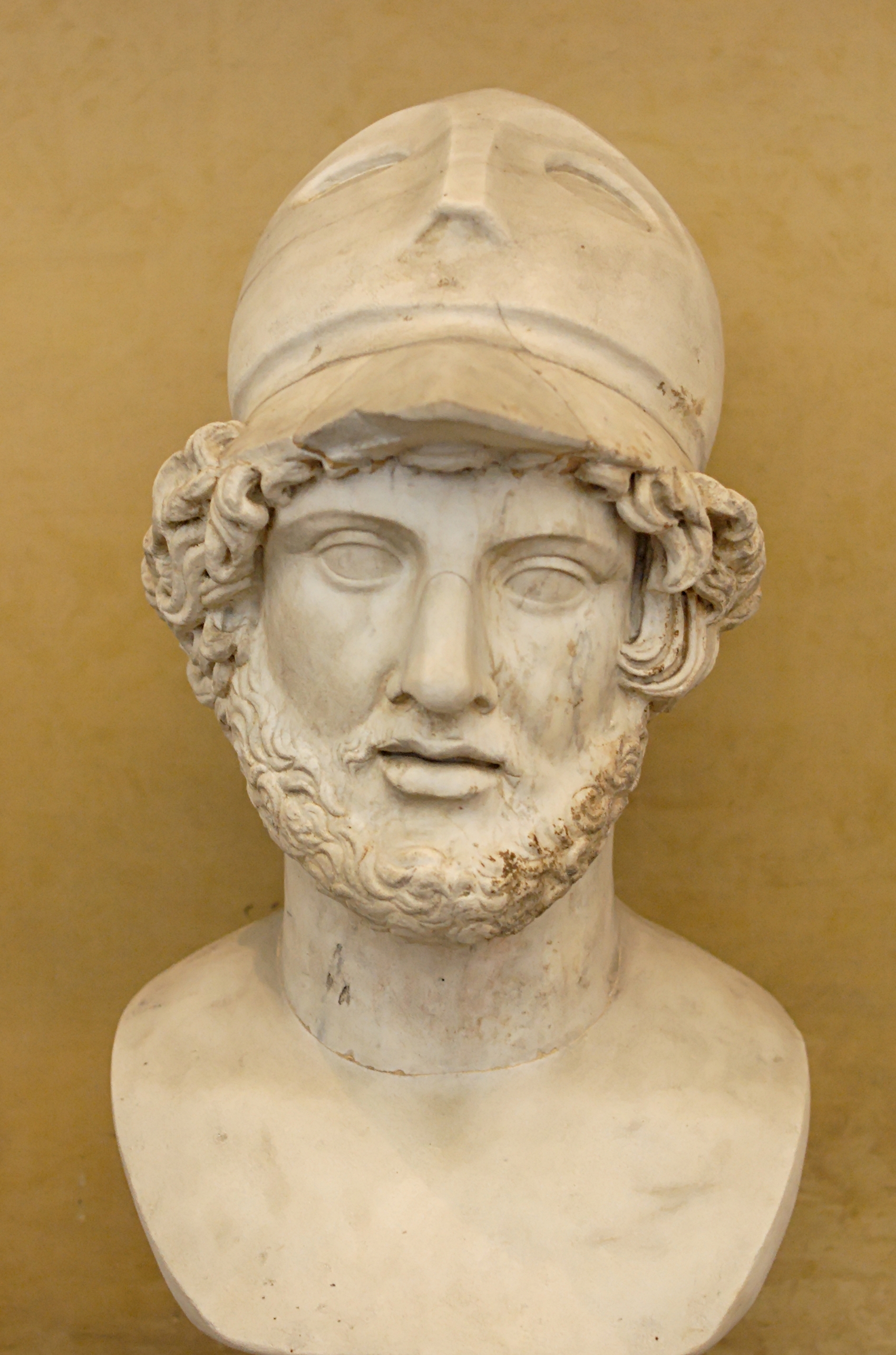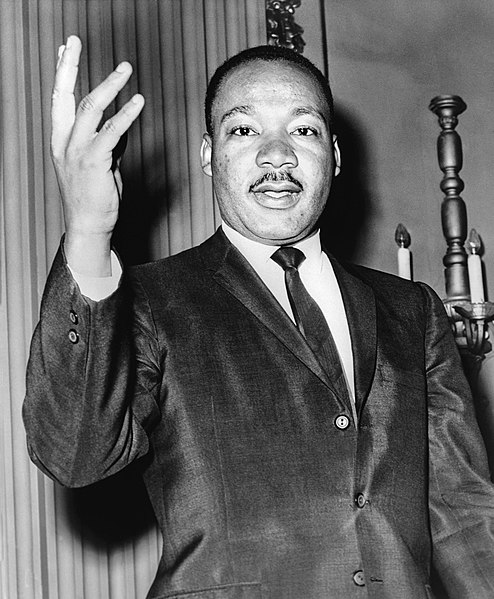 |
| All Images from Wikimedia Commons |
Consequently, we're encouraged to an unwarranted smugness about our system. Examples are the supposed advantages we have over a parliamentary system, or the superiority of a two party system over a multi-party system.
And in fact, there are some advantages to doing things in our idiosyncratic way. A parliamentary system usually eliminates the checks and balances inherent in separation of powers. A two-party system is inherently more stable than a multi-party system, which typically forces the formation of fragile, hard to sustain coalitions. And elections focused on a candidate rather than on his party may theoretically provide better representation at the constituency level.
But there are disadvantages to the way we do things, too. No doubt some will occur to you now, at the climax of a Presidential election. The gerrymandered district is an abomination. Campaign finance is more corrupt than at any time since Watergate. And don't even get me started on the filibuster...
 |
| Senate Majority Leader John C. Calhoun |
I get why it's there. I used to teach American government, and so I get impatient with all the citizen experts that look at me with pity and explain, as though to a small child...
"It's a republic, not a democracy".
First of all, republics are a type of democracy. But thanks for establishing your complete unfamiliarity with basic Political Science..
More importantly, let me remind you; the Founding Fathers were steeped in Livy, and Thucydides, Machiavelli and Plato. Their education consisted largely of reading authors whose idea of democracy was drawn entirely from observing the worst excesses of Athenian direct democracy, and contrasting it to the best moments of the Roman Republic.
In the time of the Founders, only 1/2 to 3/4 of the American populace could read (it varied with urbanization). The logistics of a national election were completely different. The Founding Fathers' greatest fear was that the unruly and uneducated mass of the people were going to rise up and equalize property, probably after appointing a dictator. Until the election of Andrew Jackson, in most states you HAD TO OWN PROPERTY before they'd let you vote.
You couldn't even vote for your Senator. State Legislatures elected the Senate until 1913, with the passage of the 17th Amendment. Willard Romney's anxieties about the 47% of takers who think they're entitled to food and healthcare were an important part of the Founder's political paradigm.
I'd like to think we've made some progress since then. Democracy has expanded to include women. Democracy has expanded (fitfully) to include people of color. Hell, you don't even have to own property to vote anymore, although (incredibly) some Tea Party authoritarians advocate a return to just such a tyrannical measure. Chris Hayes nails it in his "Forward" spot on MSNBC, "it (democratization) is the defining feature of the moments we now view with the greatest pride."
The Electoral College was devised as a measure to weaken the influence of the people on the selection of the President. The Framers believed that the selection of the nation's Chief Executive was best discussed in quiet rooms, away from an angry rabble that might demand some of the good things to which refined gentlemen were entitled.
On that basis alone the Electoral College needs to be replaced with direct popular election of the President. Democratization and progress are exactly synonymous.
But the effect of the Electoral College on American politics is less abstract, and much more pathological than it's anachronistic elitism. There are practical political consequences that go beyond mere considerations of Political Theory.
The Electoral College systematically gives greater political power and influence to rural citizens, to the detriment of urban citizens. All men may be created equal, but if you live in North Dakota, your vote counts for more than if you live in California. This is because of the way in which Electors are apportioned to the College. Each state sends a number of Electors to the college equal to the state's entire congressional delegation; that's congressmen + senators. Not all congressional districts are the same size. Montana has a single Congressman representing 905,000. Wyoming's single Congressman represents 560,000.
That's not even the biggest inequity. Wyoming has exactly the same number of senators as California, and that magnifies it's power in the Electoral College. A presidential voter in Wyoming is about 3 times as influential as one in California. One can find people who staunchly defend the importance of giving rural voters a disproportionate say in who should run the country...
just look in rural areas.
I should also point out that there is no constitutional requirement for an Elector to vote for the presidential candidate who won the popular vote in their state. About half the states DO have laws requiring Electors to vote for the candidate who wins their state, but 24 states do not. It's generally not a problem, but "faithless electors" do sometimes pop up.
Finally, the Electoral College is not guaranteed to elect the candidate who won the popular vote. This has profound and disturbing implications for the health of our democracy. In 2000, George W. Bush did not win the popular vote. The President who took us into the Iraq War, who squandered the surplus, who threw us into the worst economic collapse since the Great Depression...
had fewer votes than the other guy. In fairness, my countrymen DID vote him in the 2nd time. That's the kind of democratic outcome that wakes me up in a cold sweat, some nights.
Getting rid of the Electoral College by amending the Constitution is probably impossible. It would require 3/4 of all the state legislatures to ratify the amendment...
states like Wyoming and Montana. Hell, we couldn't get 3/4 of the states to ratify the ERA.
A better shot is the National Popular Vote Interstate Compact. That's an easier lift than a Constitutional Amendment, but still awfully dicey. As long as one party sees an advantage for itself in the current system, they'll oppose the compact. But we SHOULD get rid of the
Electoral College. It would be good public policy, and good governance. It would be more democratic. It would be progress.


















